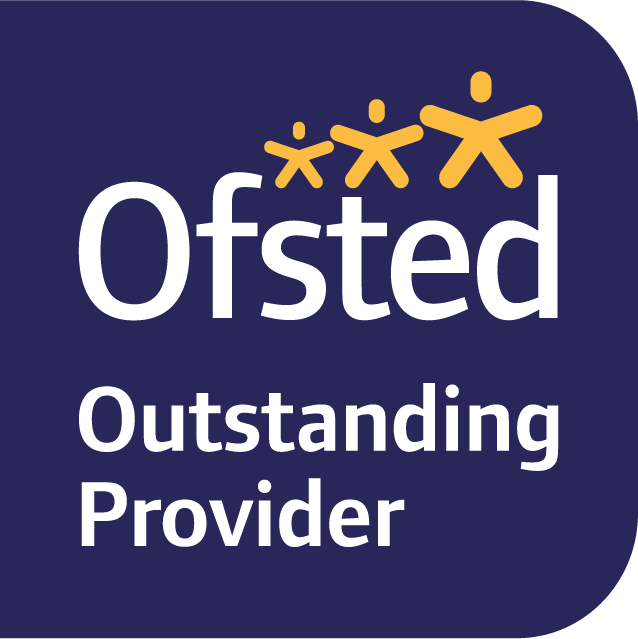Religious Education
Our Religious Education curriculum aims to be ‘the core of the core curriculum’
(Pope John Paul II)
At St. Dunstan’s, we believe that religious education is at the heart of all we do and very much part of our everyday school life. The Religious Education curriculum enables us to fulfil and live out our mission statement. Through our curriculum and ethos we aim to support the children to develop and deepen their relationship with God.
Through RE lessons, our children learn about the Catholic faith and develop their knowledge and understanding of life as a Catholic. Children are given the opportunity to examine their own religious beliefs and attitudes, as well as to develop respect and understanding of other faiths. They also learn about how they can use their faith to have a positive impact on the lives of those around them – both now and in the future.

We aim to enable the children to be active participants in RE through our curriculum as well as our prayer life and through attending Masses and Liturgies. These all allow our children to feel they are an important part of our school community.
In addition to our school liturgies, our parish priests and chaplains support our RE curriculum by visiting the classes to talk to the children about their experiences, about the sacraments as well as to help explain church teaching.
Our parish church is close by, enabling us to regularly take our children there to teach them about faith and tradition while also attending parish Masses with our KS2 children.
In school, RE is taught for 10% of the teaching week showing that Religious Education is an integral part of school learning and school life. We use the Diocesan approved Religious Education curriculum known as the RED (Religious Education Directory).
The RED seeks to present the teaching of RE sequentially and progressively so learning is revisited and built on to support depth of understanding. There are four elements to the teaching approach of the RED:
- There is a knowledge lens which indicates what should be known by the end of each age phase.
- There are the skills which develop as the children progress through their curriculum journey. These are the ‘ways of knowing’: understand, discern and respond.
- There are expected outcomes for each age phase which indicates what pupils are expected to know, remember and be able to do.
- The programme of study is presented in six, half-termly ‘branches’ which are the same for each year group.
The Curriculum Branches
Creation and Covenant: Encounter the God who creates and calls all people with a focus on the accounts of Creation.
Prophecy and Promise: Explore the expectant waiting for the Messiah through the Advent season.
Galilee to Jerusalem: Experience the ministry of Jesus, the Word of God. They will learn through parables, encounters, miracles and teachings.
Desert to Garden: Study the season of Lent and its culmination in the events of Holy Week.
To the ends of the Earth: Study the events that flowed from the Resurrection and Ascension in the coming of the Holy Spirit and the work of the apostles and early Church.
Dialogue and Encounter: Learn how Christians work together with people of different religious backgrounds, building an understanding that all people work towards a common good and should respect all humanity.
Please see the RE Policy here.


